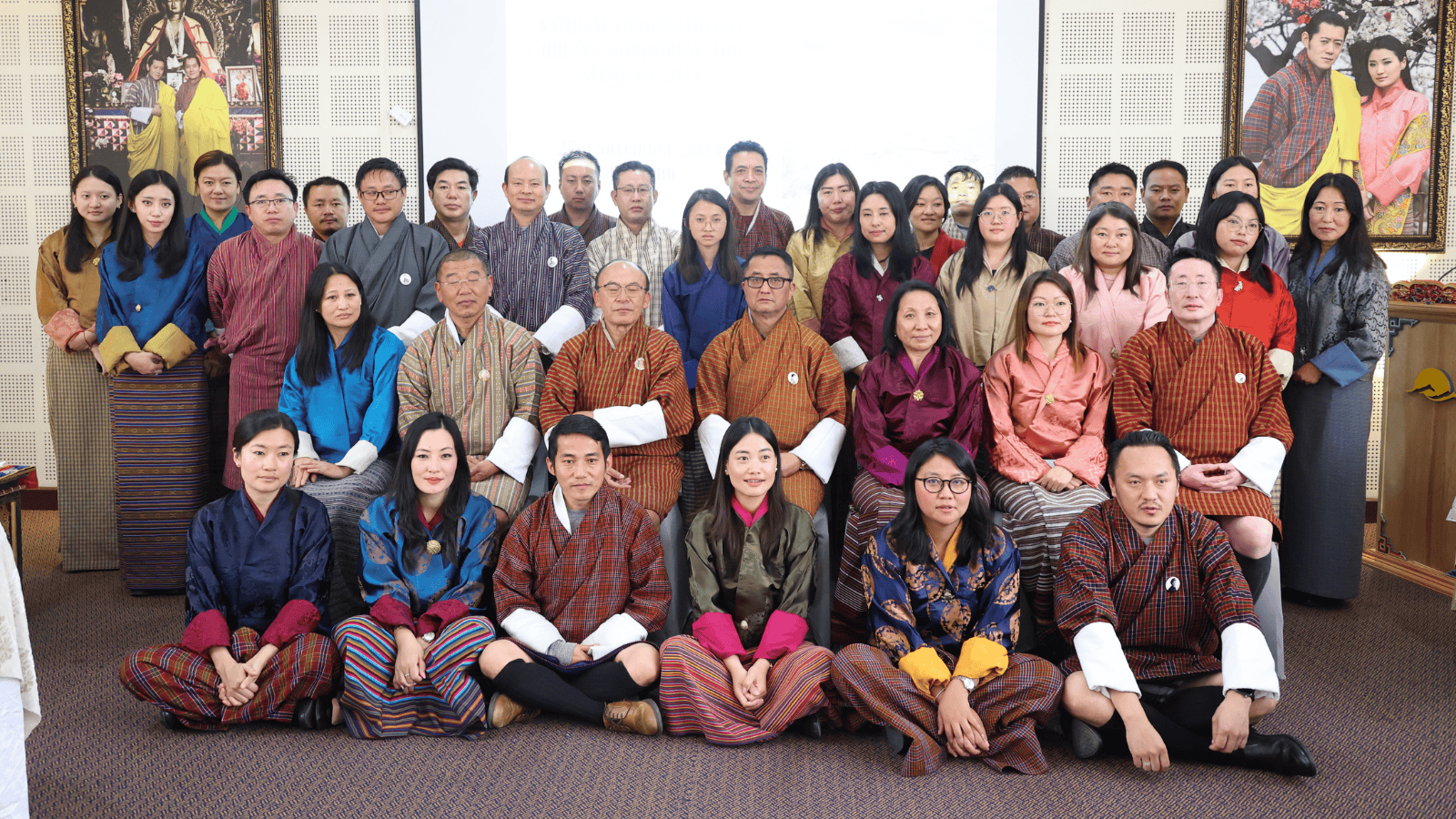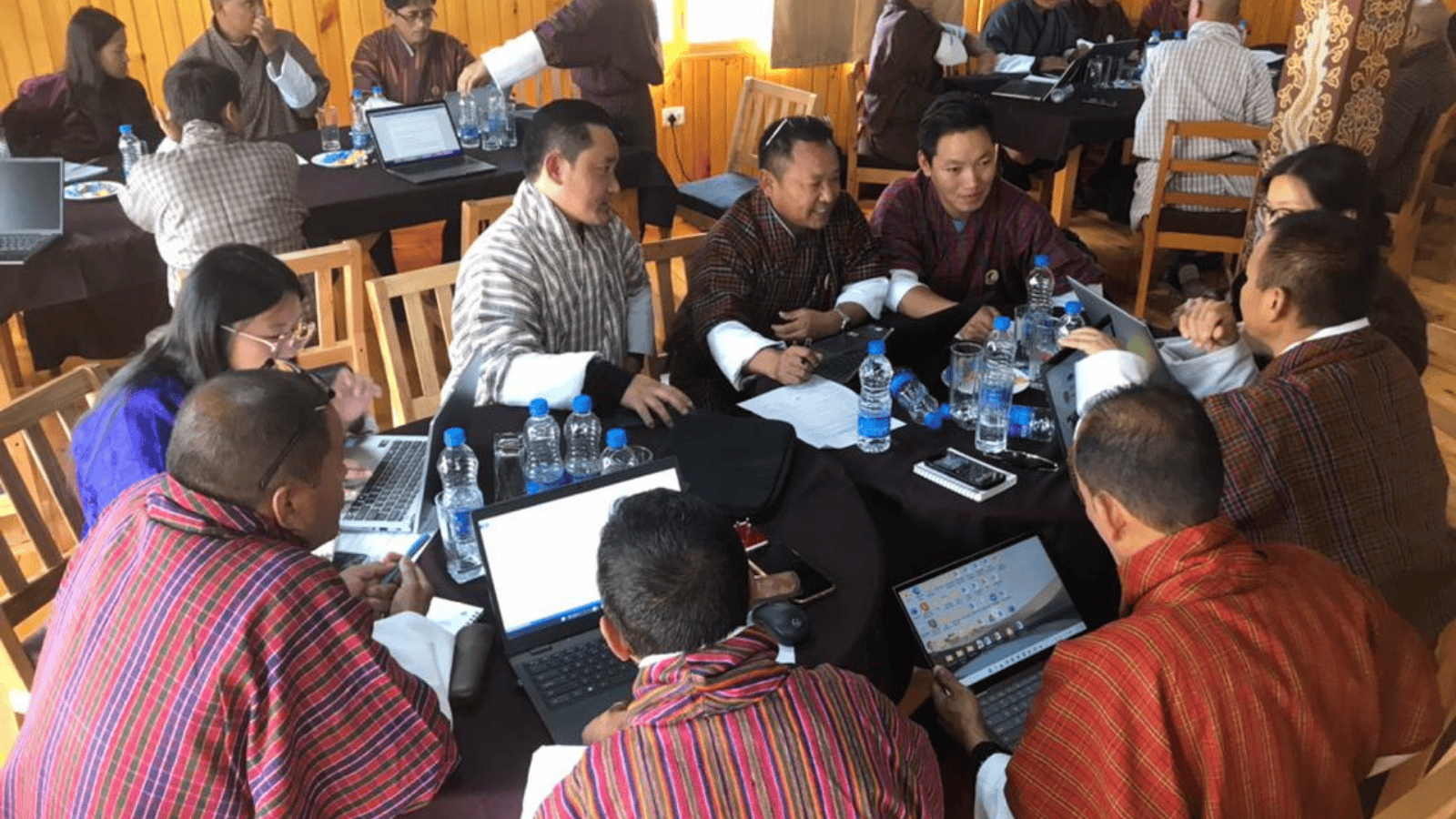SEED FUNDING JOINT PROGRAMMES
Rwanda
Resilient Food Systems: Enhanced Value Chain and Post Harvest Management





PROJECT TITLE | Resilient Food Systems: Enhanced Value Chain and Post Harvest Management |
| Context | Food systems transformation is embedded in several national policies in Rwanda, including the National Transformation Strategy, the Strategic Plan for Agriculture Transformation, the National Environment and Climate Change Policy. In 2021, Rwanda developed its National Pathway, which highlights four priority areas for the country towards 2030: ensuring food security and nutrition for all, while increasing demand for healthy diets; enhancing the environmental sustainability of food systems; improving livelihoods for farmers and all workers in food systems while building resilience to shocks; promoting inclusion of women and youth in food systems, including through enhanced financial opportunities. |
| PUNOs | FAO, WFP, IFAD |
| Contribution to SDGs | SDG 1 No Poverty; SDG 2 Zero Hunger; SDG 8 Decent Work and Economic Growth; SDG 13 Climate Action |
| Contribution to other SDG transitions | Decent Jobs and Universal Social Protection; Energy Access and Affordability |
| Duration | July 2024 – June 2025 |
| Expected financial leverage | $ 3,070,000 |
| Alignment with SG Call to Action | Policy integration; Food systems governance; Research, data, technology and innovation; Inclusive and participatory design; Private sector engagement |
| Outcomes | The JP leverages on improved post-harvest management as a strategic approach to simultaneously reduce food loss, improve incomes, and boost food availability. The JP promotes the economic integration of youth-led MSMEs and builds linkages with partners and initiatives focused on nutrition and food security to connect the dots between food production, processing and consumption. |
| Partners |
|
| Outputs |
|
Bhutan’s Food Systems Strategy 2034: A framework for progress

Bumthang, Bhutan — Ensuring a sustainable and resilient food system requires broad collaboration. In Bhutan, government officials, farmers, private sector representatives, and civil society leaders gathered for a series of national dialogues to shape the Agrifood Sector Strategy 2034, a long-term framework aimed at supporting agricultural development, increasing market opportunities, and adapting to environmental and economic challenges.
With support from Denmark and the UN Food Systems Coordination Hub, these consultations went beyond policy discussions. They ensured that voices from all levels – high-ranking ministries to smallholder farmers – were heard and included in shaping the path forward.
Over the course of several high-level dialogues, the country shaped its Agrifood Sector Strategy 2034, a comprehensive roadmap aimed at boosting food security, increasing exports, and strengthening local resilience against climate change. What set this process apart was not just its ambition, but the emphasis on inclusivity and collaboration.
“The strategy isn’t just a policy document – it’s a collective vision providing concrete paths for effective implementation of the Food and Nutrition Security Policy of Bhutan 2023 and also to guide the agri-food sector’s developmental plans in the future” said Mr. Karma Tshering, Chief of the Policy and Planning Division at the Ministry of Agriculture and Livestock, and National Convenor of Bhutan. “We engaged stakeholders from every level – local governments, the private sector, farmers, national and even international partners – to make sure this strategy reflects the realities on the ground.”

A nationwide conversation on food and the future
The dialogues, supported by a $20,000 grant from Denmark through the UN Food Systems Coordination Hub and World Food Programme Bhutan Country Office, were held in two key phases:
Regional Consultation (November 4-8, 2024)
Held in Bumthang, the regional consultation brought together 47 officials from Bhutan’s 20 Dzongkhags (districts). Local leaders discussed key challenges and priorities, including high agricultural imports contrasting to very low exports, farm labor shortage, low farm mechanization, decreasing production, climate change, pest and diseases, human-wildlife conflict, small and scattered landholdings, low volume and seasonal production, high logistics costs, high post-harvest losses, inefficient domestic market linkages and limited exort market diversification. They also explored strategies for tripling agricultural export revenues, a central goal of the country's economic strategy.
National Consultation (November 27, 2024)
Later that month, a national consultation gathered 41 officials from national agencies, alongside representatives from nine ministries, academia, civil society, UN and other development partners and the private sector. Under the Ministry of Agriculture and Livestock’s leadership, discussions focused on strengthening cross-sector collaboration to support the strategy’s implementation.
Finalization Write-Shop (December 7-12, 2024)
A nine-member expert group worked intensively to incorporate feedback and refine the strategy before its approval and preparation for publication.

A strategy rooted in inclusivity
A key element of the process was its inclusive approach, ensuring broad participation from women representatives, local farmers, and diverse stakeholder groups.
“True food systems transformation requires participation from all sectors of society,” said Mr. Carrie Morrison, WFP Country Director in Bhutan. “Bhutan’s approach shows how national strategies can be built from the ground up, ensuring that no voices are left behind.”
Beyond government stakeholders, the dialogues also engaged the private sector, which explored its role in supporting Bhutan’s agricultural export targets. Civil society organizations contributed to multi-sectoral collaboration, while local governments helped strengthen ties with farming communities to ensure effective implementation of the strategy.

Turning vision into action
Bhutan’s Agrifood Sector Strategy 2034 lays out ambitious goals, including:
1. Significant contribution to Bhutan’s economy through trebling exports, enhancing commercialization, adoption of technology, scaling up support to the private sector, value chain building, increasing internal commerce, enhancing export value of agriculture and livestock products, and harnessing of big data.
2. Enhancing the agricultural sector’s annual contribution to Gross Domestic Product (GDP) growth rate by focusing on high-value crops and livestock production.
3. Multiplying incomes of farmers and agrifood sector employees by 2034 thereby increasing the provisioning of meaningful, dignified and well remunerated employment.
4. Ensuring that all Bhutanese households are food secured either by producing their own food or having means to buy their food.
5. Proactively mitigating carbon emissions and continuing to ensure the persistence of nature, biodiversity and ecosystem services.
While funding remains a challenge, Bhutan is making progress. At the World Food Forum in Rome, officials secured additional financial resources, a major boost for the initiative. The government is now planning a nationwide awareness campaign, ensuring that farmers and local officials understand and adopt the new policies.
To sustain momentum, regular consultations and stocktaking meetings will be held to track progress, address emerging challenges, and adapt strategies as needed.
As Bhutan prepares to publish the final strategy, the country moves closer to a more sustainable and resilient food future - one shaped by the voices of its people.
